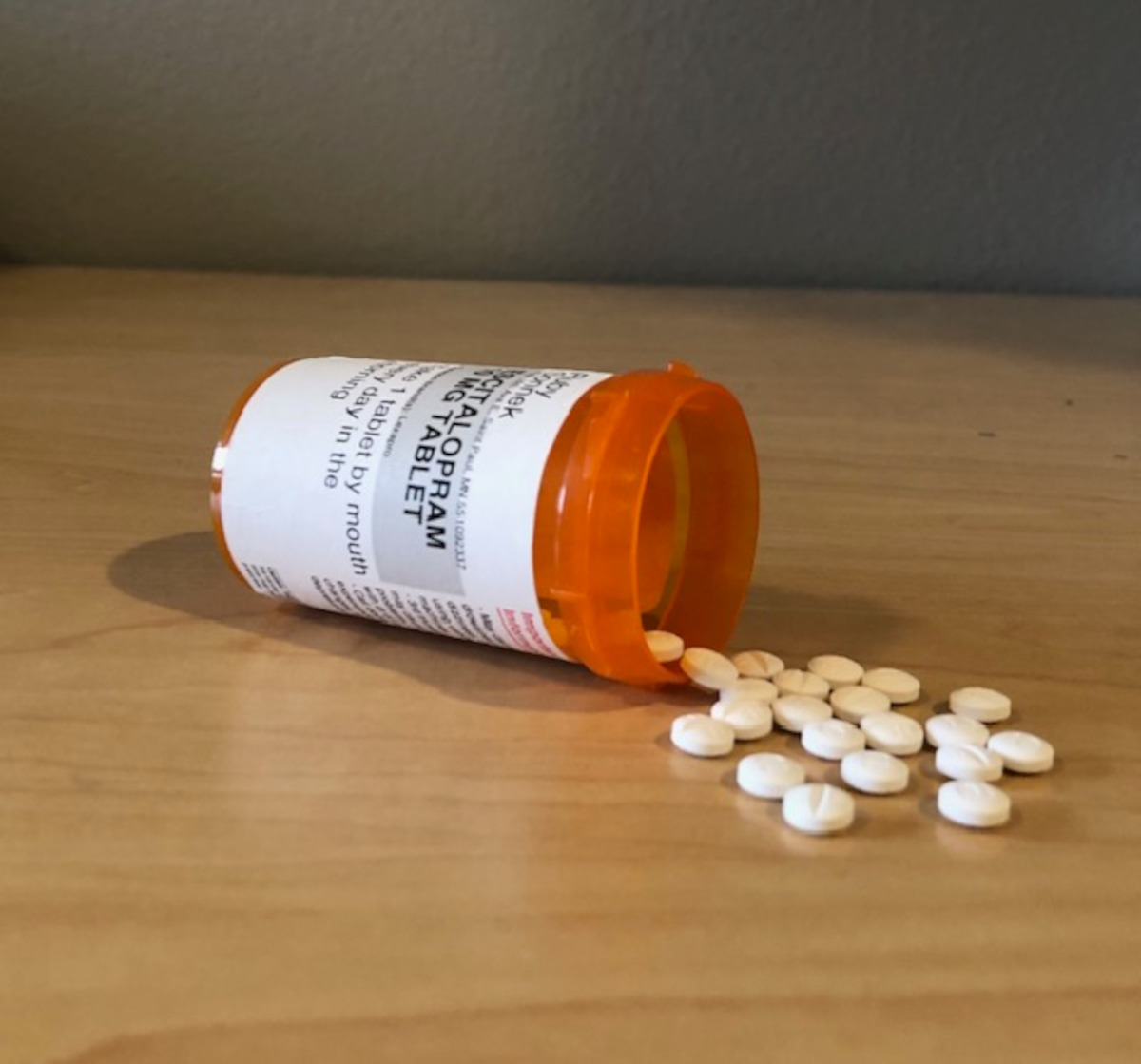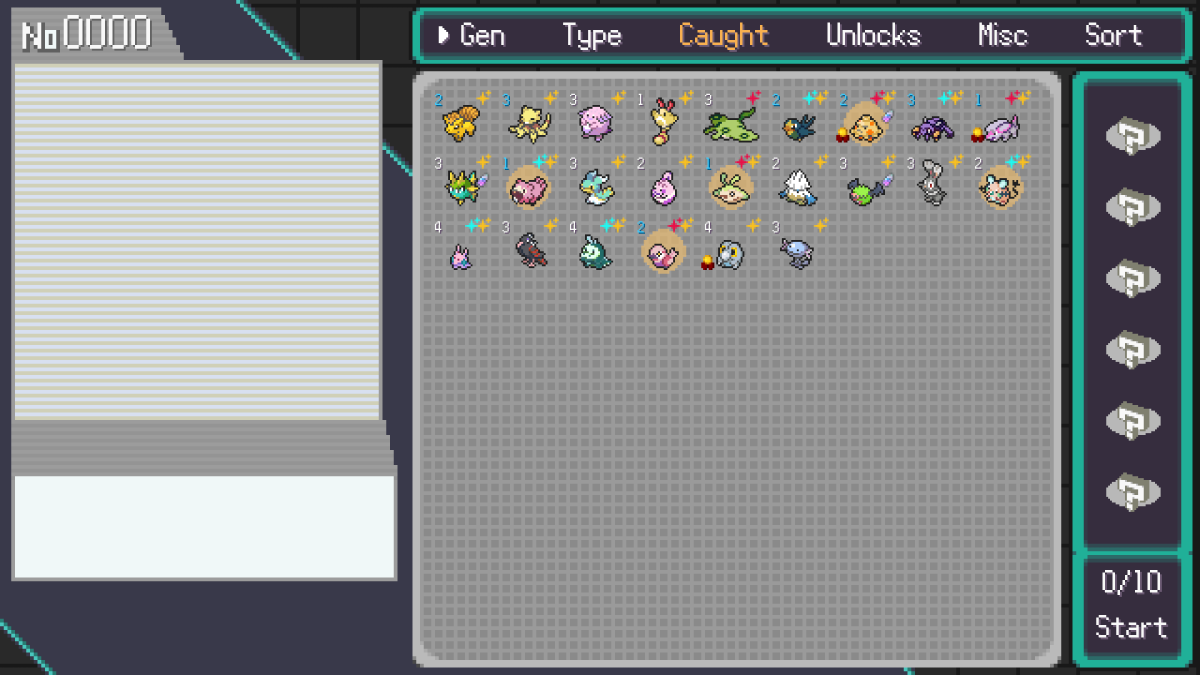As a journalism student, the cornerstones of my education have been accuracy and transparency. Not only do journalists have to get the story right, but we have to been completely honest and forthright about how we gather our information.
This is not an unreasonable demand to place on journalists. It is how we must conduct ourselves if there is to be any trust between the reader and the writer.
For years, the Student Senate and The Spectator have gone back and forth on the nature of their relationship. Senate has voiced displeasure at continually funding the paper through segregated fees, while The Spectator has been unable to achieve its goal of financial independence from the senate.
In the past year, the situation has reached a critical point. Because of the senate’s desire to change the funding plan for the paper and the paper’s dire financial situation, a new plan was reached. Beginning this fall, the Student Senate will purchase $18,000 worth of advertising space in The Spectator.
This plan will allow The Spectator to keep a print version while continuing to build a better website and increase its online presence. It will also give Student Senate some return on its investment, a new model conceived as a last-ditch effort for both sides.
There have been meetings between leadership from the two organizations about this situation for most of this academic year. I sat in on some of these discussions last semester as a news editor and have taken on a much larger role this semester as editor-in-chief.
You have not read about these meetings in this newspaper. After Monday night’s marathon Senate meeting, when a discussion of The Spectatortook up much of the night, I realized this was an editorial mistake on our end.
As I said, it is vitally important for newspapers to be fully transparent. We are entrusted to provide the public with the information they need to make informed decisions. We are in place to hold public officials responsible for their actions. We are the eyes, ears and voice of a public that often is not provided one.
This is a role we at The Spectatortake very seriously. We understand our responsibility to this campus and its students. We cannot rightfully hold individuals and other groups to a standard which we are not meeting ourselves.
The profession of journalism is based on the unquestioned and implicit trust the reader has in what they are reading. By being forward with the reader, organizations hope this trust will not be broken. Without this trust from the reader, all the newspaper’s information loses its meaning. How can a reader be sure there aren’t untold stories behind the words they read or selfish motives at work?
Right now, our responsibility is to inform you of our own dealings with Student Senate.
During the Monday meeting, Intergovernmental Affairs Director Jason Rector brought up the idea that The Spectatorwould likely have covered these sorts of financial meetings and discussions if they were had by Student Senate and another campus organization. He is absolutely right. So now I want to bring to your attention what The Spectator has been working toward this year.
We have had these meetings with Student Senate because we are fighting for the future of our organization. We also believe we are fighting for the students of this university. The Spectatoris a crucial resource for this campus and we have been working to avoid losing it in its
current form.
Our initial 2013-2014 allocation from Student Senate was $11,000, a number which we did not believe could sustain us in a print version. After weeks of discussions, different plans and attempted compromises, both sides arrived at the $18,000 advertising plan.
We have never meant to keep this information from the student body. We have spoken in open forum during Student Senate meetings. But we have not done all we could to alert the students to the situation. In this way, we have failed to do as thorough a reporting job as we strive for.
I applaud Director Rector for bringing forth this idea during the senate discussion. I hope this has provided students the information they need in regards to our complex and challenging dealings with the Student Senate.
After all, that is our job.






